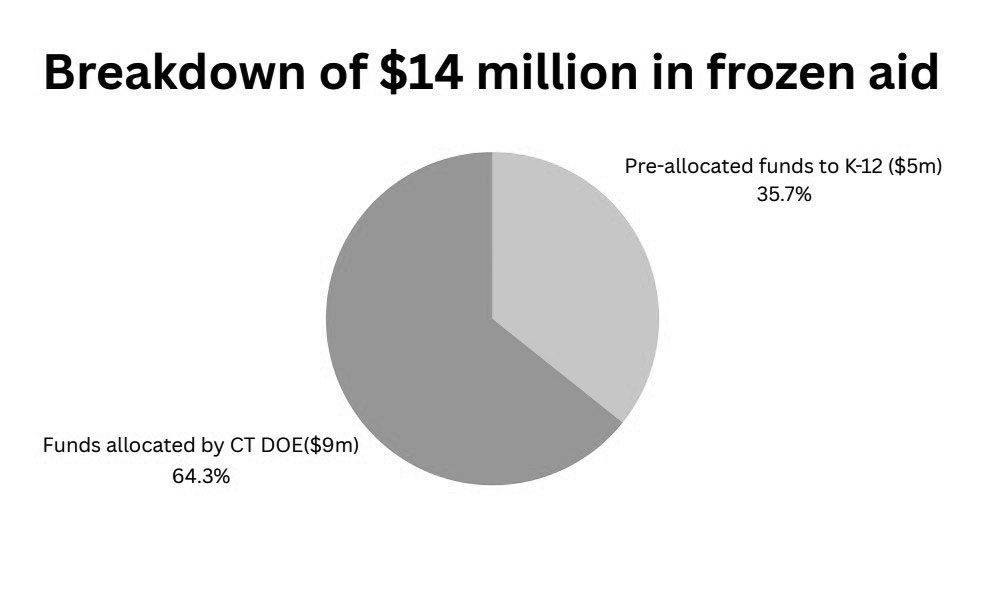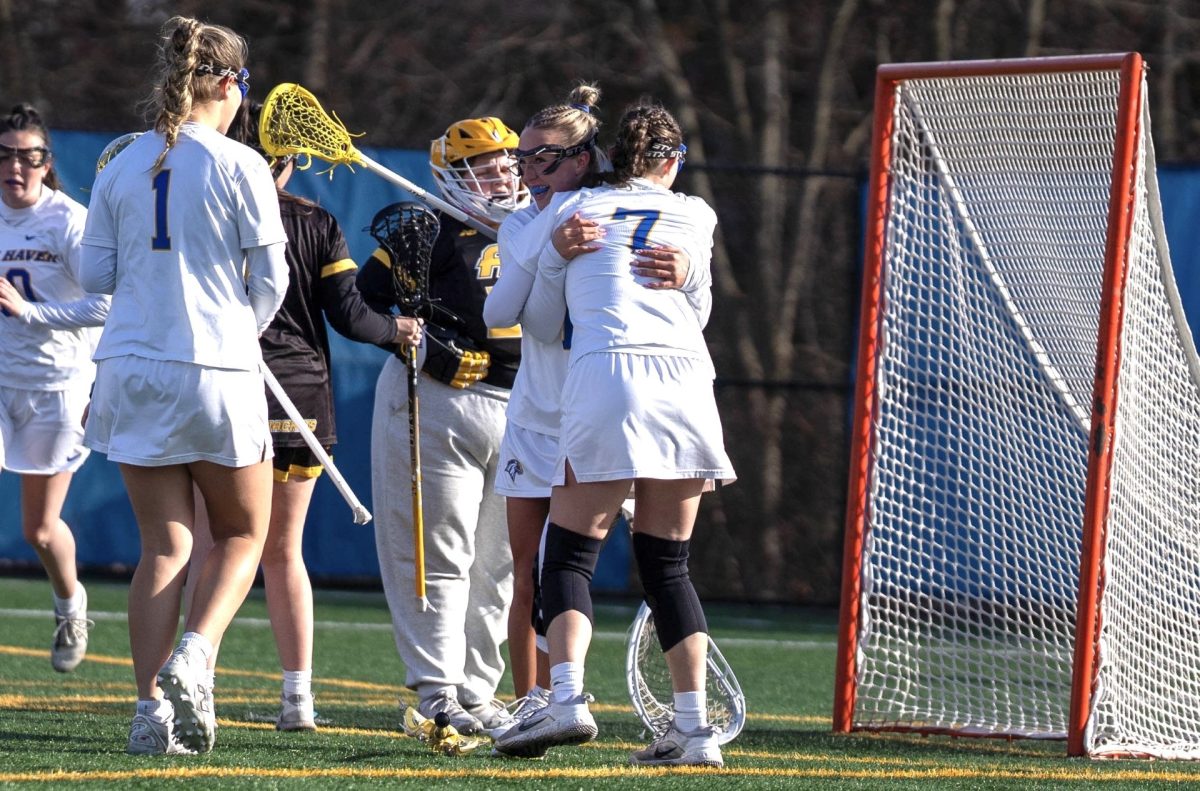In an unprecedented moment for U.S. National Security, war secrets were leaked and discussed on the app, Signal Messenger, by the U.S. Sec. Of Defense Pete Hegseth. On March 11, U.S. National Security Adv. Michael Waltz created a group chat on the platform which included 19 people, the majority being members of the federal government.
On March 25, 10 days following the start of U.S. attacks and airstrikes of Houthi forces in Yemen, Jeffrey Goldberg, Editor in Chief of the Atlantic, revealed that he was accidentally invited into a group chat with other members of the government. In an article from The Atlantic, Goldberg said, “I, however, knew two hours before the first bombs exploded that the attack might be coming. The reason I knew this is that Pete Hegseth, the secretary of defense, had texted me the war plan at 11:44 a.m. The plan included precise information about weapons packages, targets, and timing.”
According to military.com, war secrets being disclosed in verbal communication are meant to occur in sensitive compartmented information facility (SCIF) locations. These areas are meant to be securely locked from others entering and those in the room are not allowed to have cell phones with them. Printed and electronic war secrets are also meant to be heavily concealed and secured from others having access. In an interview on NPR’s the Morning Report, Jim Himes, who represents Connecticut’s fourth congressional district, explained why information surrounding war secrets must be kept confidential. “If that information were to escape – were to be taken by the Russians or the Chinese, it could be instantly conveyed to the Houthis, who are actually pretty sophisticated.”
A 2023 letter sent out by the Dep. Of Defense said, “Unmanaged apps are NOT authorized to access, transmit, store, or process non-public DoD information.” Signal would apply to this rule as seen in the Mobile Application Security Requirements section. On April 3, an investigation was launched into the group chat leak by Acting Inspector General of the Defense Department Steven Stebbins. In a letter to Hegseth, he said, “The objective of this evaluation is to determine the extent to which the Secretary of Defense and other DoD personnel complied with DoD policies and procedures for the use of a commercial messaging application for official business. Additionally, we will review compliance with classification and records retention requirements.”
Following the leak, Hegseth himself denied that he leaked any war secrets. In a FOX News interview he said, “Nobody is texting war plans. Well I noticed this morning, out came something that doesn’t look like war plans. And as a matter of fact, they even changed the title to ‘attack plans,’ because they know it’s not war plans.” In addition, Federal Judge James Boasberg ruled that the Trump Admin. must preserve the texts made in the group chat following a lawsuit filed by non-profit advocacy group American Oversight.
Both of Connecticut’s U.S. Senators responded on social media to the leak. On X, Conn. U.S. Senator Chris Murphy said, “These guys are grossly incompetent. Criminally incompetent. They are going to get Americans killed because of their uniquely toxic combination of carelessness and narcissism.” Connecticut’s senior U.S. Senator Richard Blumenthal gave a similar response on X. “The Trump Cabinet’s reckless security breach is appalling. Teenagers making plans for a Saturday night mix up group text chains—the National Security Advisor & Secretary of Defense discussing mission details where American lives might be at risk cannot,” he said.
Anthony Yannella, a senior at the University of New Haven and a cybersecurity & networks major gave his input on the situation ,“The plans being talked about were timely so that all belongs in sensitive chats and not just a commercial chat on possibly unclassified systems because then you get data spillages which that’s obviously really bad.” The situation is unprecedented in U.S. history and despite the hours of training given to incoming cabinet members, it seems as though nothing was learned.








